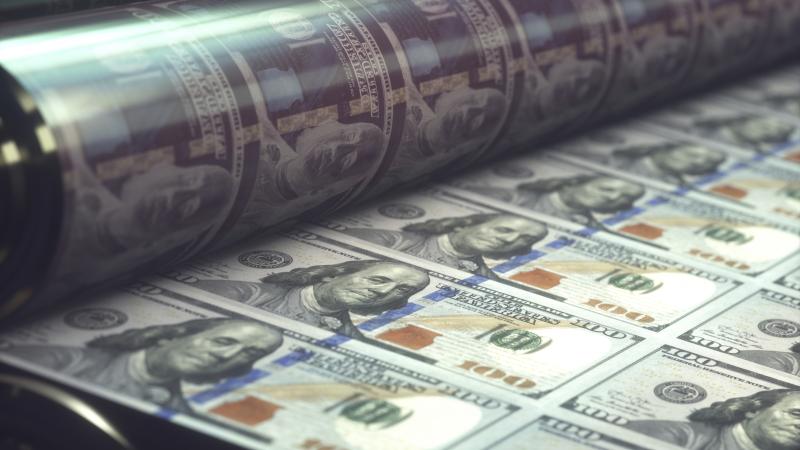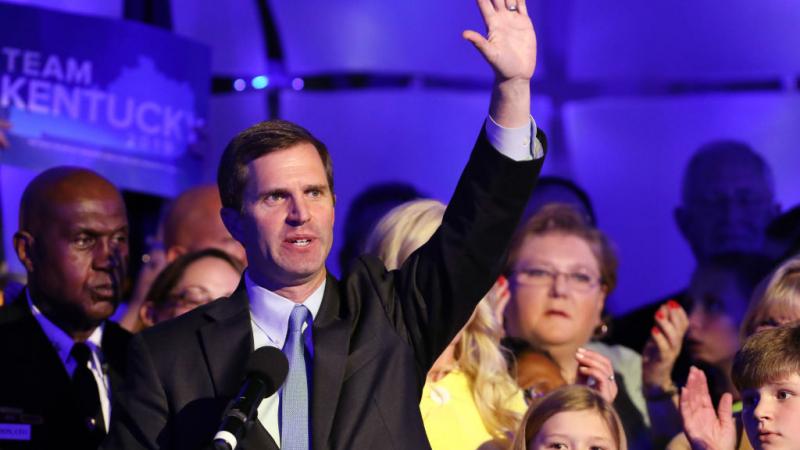North Carolina lawmakers consider medical marijuana legalization
Proposed law would remove criminal and civil penalties for the sale, growing and harvesting of medical cannabis.
Medical marijuana advocates and critics took to the North Carolina Capitol on Wednesday as lawmakers considered a bill that would legalize the drug for medicinal purposes.
Dubbed the North Carolina Compassionate Care Act, Senate Bill 711 would remove criminal and civil penalties for the sale, growing and harvesting of medical cannabis. It also sets in place rules and regulations and two commissions to oversee the process.
Under the measure, medical marijuana cards would be granted to North Carolinians with debilitating conditions such as cancer, epilepsy, HIV/AIDS, Crohn's disease, sickle cell, Parkinson's disease and post-traumatic stress disorder (PTSD).
Supporters of the measure, many with experience with cancer or PTSD, said the bill would make it easier for them or their loved ones to find relief. Opponents argued a medical marijuana law could increase addiction rates in North Carolina.
Sen. Bill Rabon, R-Brunswick, one of the bill's main sponsors, is a cancer survivor. He shared his struggle with the disease with the Senate Judiciary Committee on Wednesday while holding back tears.
"I know how bad it is to wake up every day and think that it may be your last day on Earth," Rabon said. "And there are a lot of people out there that feel the same way."
The atmosphere in the Senate continued to get emotional during the lengthy debate over the measure. Many veterans told traumatic battlefield stories that haunt their psyches.
"They're coming home, and they're being treated for PTSD, TBI [traumatic brain injury], and many other ailments with extremely powerful drugs, antidepressants, oxycodone, Percocet, and they're in extreme pain," said Sen. Michael Lazzara, R-Onslow, who serves a district with a large military population. "Our suicide rates are through the roof, and they continue to get worse. Studies have shown that medical cannabis is a great reliever in lieu of these very powerful drugs that are leading men and women to suicide."
The Rev. Mark Creech, executive director of the Christian Action League, urged lawmakers to oppose the bill. Creech cited a 2017 Journal of the American Medical Association Psychiatry article, which he said shows that rates of marijuana use and addiction were higher in the states that passed medical marijuana laws than states that did not.
"Research is conclusive that marijuana is addictive and harmful to the brain, especially when used by adolescents," Creech said. "None of us want patients to be denied treatment that can help them, but studies like the one I just cited earlier underscore the fact that medical and recreational marijuana legalization are blurred lines."
The committee did not vote on SB 711 on Wednesday, but the bill would have to be approved by four committees before a full Senate vote. If it becomes law, North Carolina would be the 37th state to legalize medical cannabis. It is also legal in the District of Columbia, Guam, Puerto Rico and the U.S. Virgin Islands.
"This is the most tightly regulated and controlled bill of its type in the … states that have now have medical cannabis," Rabon said.
















